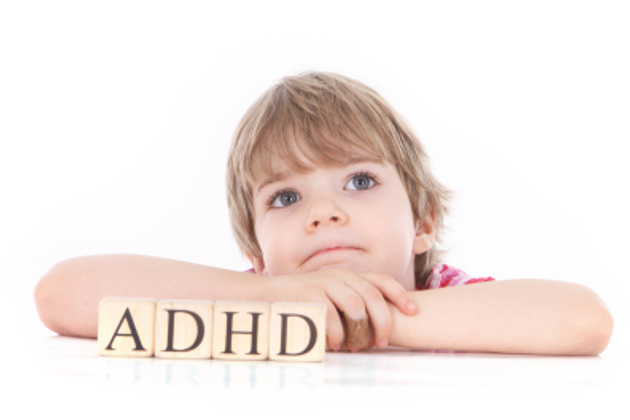Edited by Jill Wright,

Dr Alma Golden, an experienced pediatrician at a Texas children's hospital offers some advice for parents whose child might have received a diagnosis of ADHD under the controversial guidelines contained in the [also controversial] DSM-5.
Dr Golden carefully presents both sides of the argument - "some people feel that this will benefit children who need help, and some fear it will lead to over-diagnosis, treatment and medication" - and balances the view of some that it could lead to earlier diagnosis of children who really do need help, against that of others who estimate a 15 per cent increase in the likelihood of a child being labelled with the condition, placing more strain on medical resources and arguably embarrassing children or affecting their self-perception.
In fact, even before the release of the DSM-5 guidelines, there was a good deal of concern that ADHD was being over-diagnosed, not so much by practitioners, however, as by parents.
And neurologist Dr Richard Saul has written a book, on the verge of publication, which assets that ADHD does not exist.
But Dr Golden offers parents the following:
"Research on child wellbeing demonstrates that children who live in a stable, caring home that establishes and maintains healthy routines, house rules and positive expectations have fewer problems with schools and peers. Regardless of 'diagnosis' this prescription of a loving home will help children with severe, moderate or mild ADHD, as well as those who do not struggle with learning and social challenges.
"One last thought: ADHD may actually be beneficial to some individuals. Many very productive people have mild to moderate ADHD and channel that energy into accomplishing many things. Many doctors, artists, mechanics, teachers and craftsmen have learned to use the 'disorder' to multi-task, creating an exciting and profitable life."
Parents might also be comforted by the fact that psychological interventions have been proved in research to be as effective in the treatment of child and adolescent difficulties (which may have been labelled as ADHD) as medication, without the side-effects.
Tags